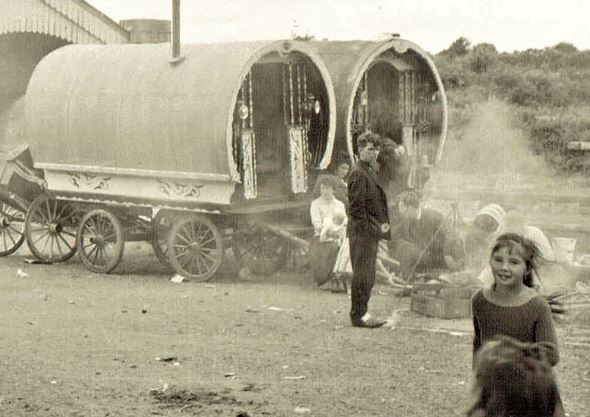One of the first lessons you learn as a genealogist is that all names are equal. So you keep a straight face when you come across ‘Gelida Winterbottom’ or ‘Annette Curtin’.
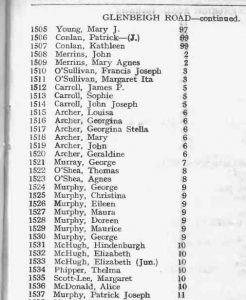
Still, there are names that stick in the memory. I first came across Hindenburgh McHugh about ten years ago doing quality assessment on the Dublin city twentieth-century voters’ lists. There he was at 10 Glenbeigh Road in Cabra in 1939, large as life. Clearly, he had been christened during the First World War by parents who were not on the side of the Allies – Paul von Hindenburg was the commander of the German Army from 1914 to 1918. This was a noisy raspberry blown in the face of Britain, the equivalent of calling a child “Winston” in Nazi Germany.
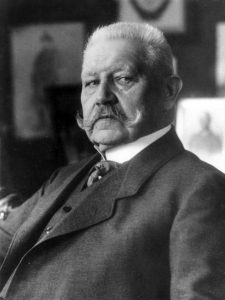
A name like that should jump out of the birth registrations. But no, not a trace. So I asked myself how else would someone use a registration for protest. Insist on the Irish language? Sure enough, there he was on February 15 1915, ‘Hendenburg Michaél Mac Aodha’, son of Michaél Mac Aodha, Linotype operator, and Eilis née Ní Dubhda. Two noisy raspberries to Britain.
 An Irish-speaking anti-British printer in Dublin in 1915? You can almost smell Sinn Féin. And there in the militaryarchives.ie pensions collection was a 400-page file relating to the battles of Michael’s widow to secure a pension. He died in 1924 from TB contracted when he was imprisoned at the end of the War of Independence, having fought in North King Street in the Easter Rising. Her campaign was eventually successful and the process produced enough material for a full-scale biography.
An Irish-speaking anti-British printer in Dublin in 1915? You can almost smell Sinn Féin. And there in the militaryarchives.ie pensions collection was a 400-page file relating to the battles of Michael’s widow to secure a pension. He died in 1924 from TB contracted when he was imprisoned at the end of the War of Independence, having fought in North King Street in the Easter Rising. Her campaign was eventually successful and the process produced enough material for a full-scale biography.
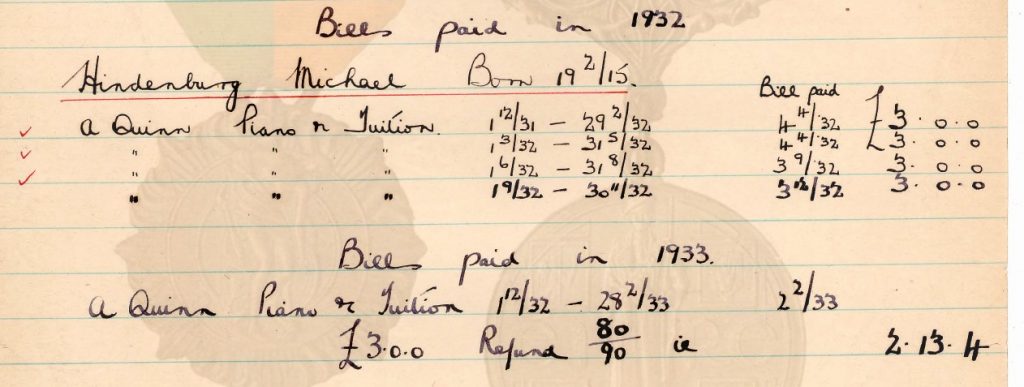
But what of Hindenburgh himself? The name appears only once in the voters’ lists, in the very earliest surviving volume. But a ‘Michael McHugh’ appears in Glenbeigh Road later in the 1940s. The Second World War was very different to the First. Perhaps it might have been more politic not to have the name of the man who had invited Hitler to become Reichskanzler. Or maybe he just got fed up with the hassle. The Johnny Cash Boy-Named-Sue school of child-rearing can be very tiresome.
A search of death records up to the 1960s turned up a Michael McHugh of about the right age registered in 1964, listed as “Manager, Case room, Irish Press”.  The Irish Press obituary (at irishnewsarchive.com) included a photograph and a full account of his own life and of his father’s part in the War of Independence. No mention of his first name, though.
The Irish Press obituary (at irishnewsarchive.com) included a photograph and a full account of his own life and of his father’s part in the War of Independence. No mention of his first name, though.
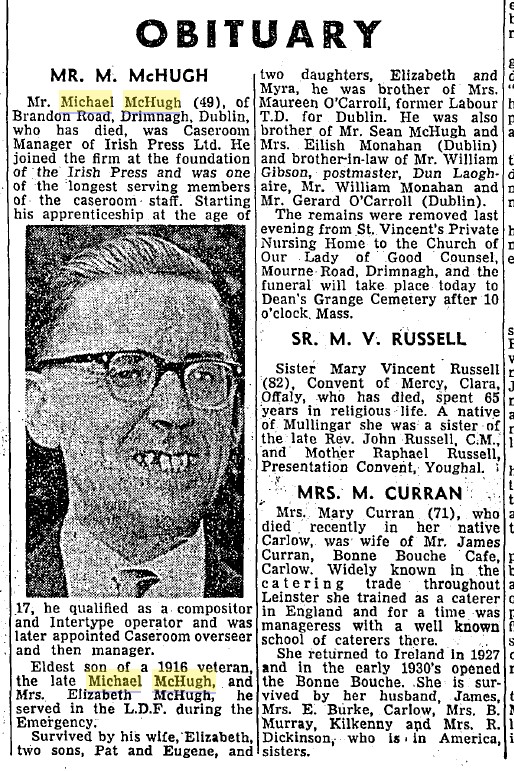 There are two lessons. First, if you want your descendants to be able to find you easily, call your children something conspicuous. I suggest “NotDonald” or “NotBoris”. Second, I appear to have too much time on my hands.
There are two lessons. First, if you want your descendants to be able to find you easily, call your children something conspicuous. I suggest “NotDonald” or “NotBoris”. Second, I appear to have too much time on my hands.
